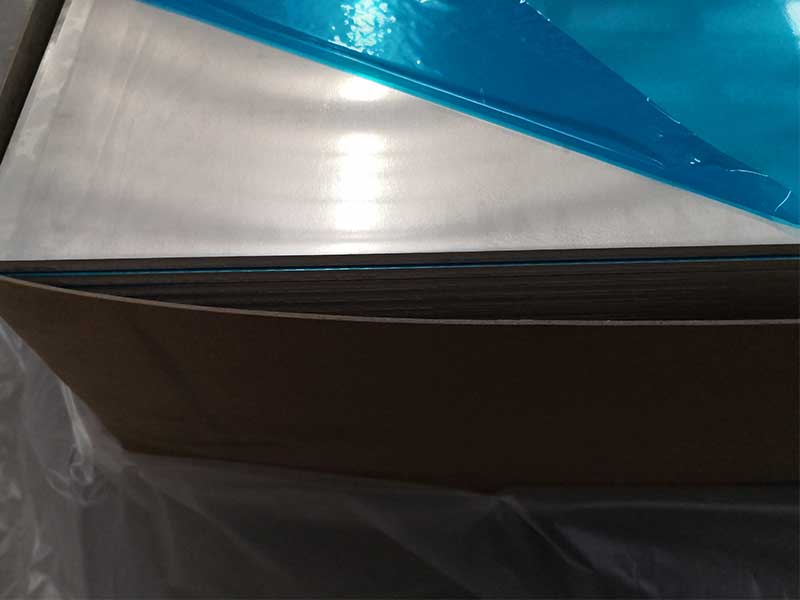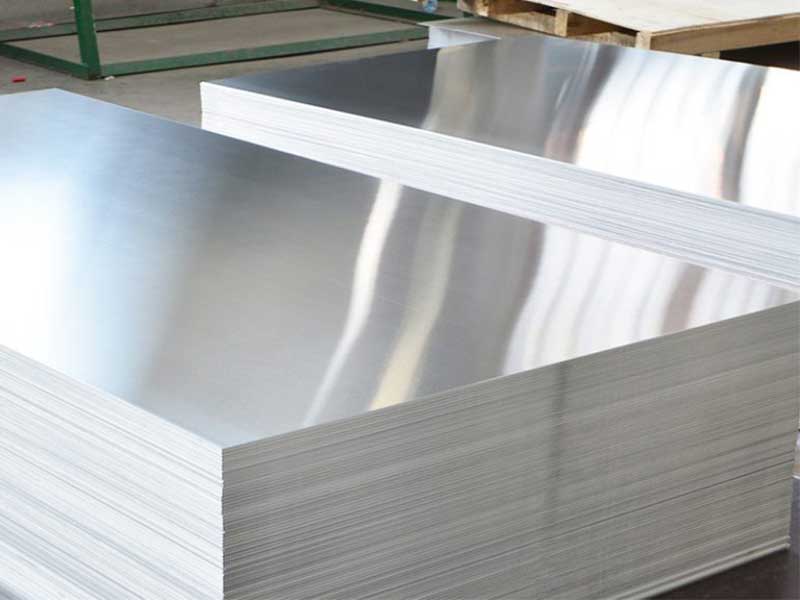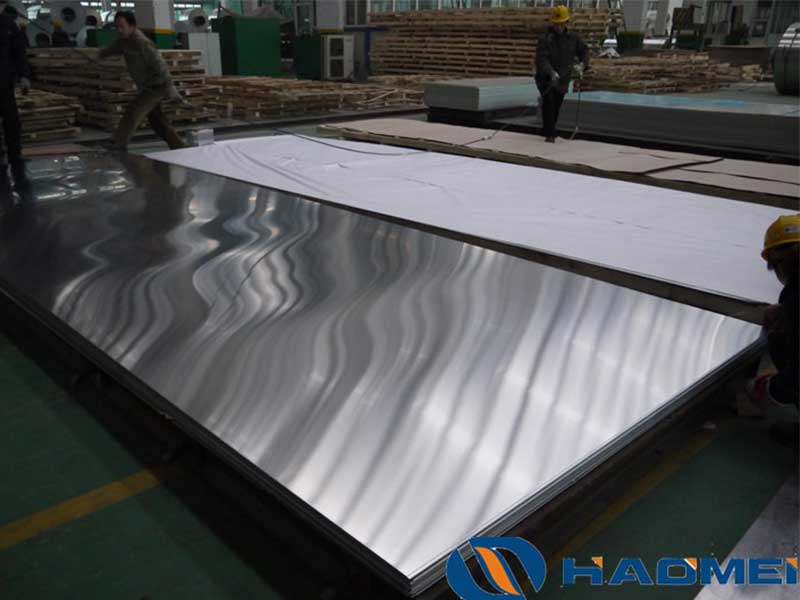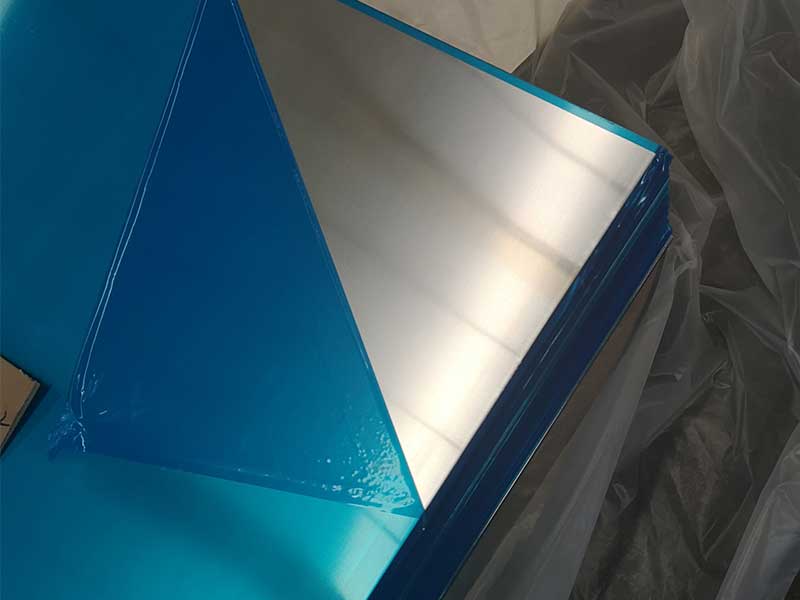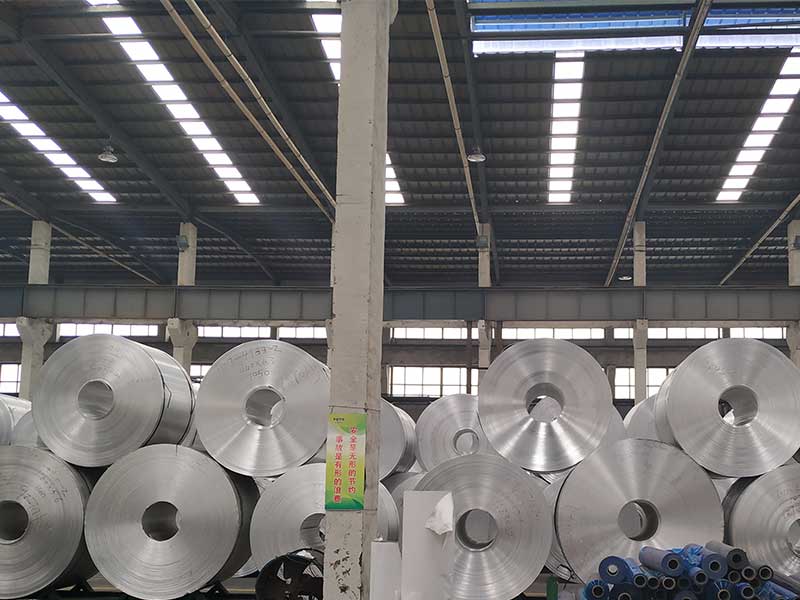When it comes to enhancing the efficiency of water cooling systems in various applications, the choice of materials plays a crucial role. One of the top choices in the industry is 3003 aluminum plate. Renowned for its standout properties in terms of strength and corrosion resistance, the 3003 aluminum plate has become a favorite for manufacturers designing water cooling plates. Let’s dig deeper into why this specific alloy is the go-to option for water cooling applications.
What is 3003 Aluminum Alloy?
3003 aluminum is classified as a non-heat-treatable alloy primarily composed of aluminum and manganese, which grants excellent mechanical properties and resistance to corrosion. Its durability, combined with a good strength-to-weight ratio, makes it suitable for a plethora of applications, especially in industries where weight reduction and thermal efficiency are paramount. The incorporation of manganese in this alloy enhances its corrosion resistance, an essential attribute for components exposed to moisture.
Exceptional Thermal Conductivity
One of the most critical requirements of a water cooling plate is its ability to efficiently transfer heat. 3003 aluminum plates boast outstanding thermal conductivity, facilitating efficient heat dissipation. This property ensures that components maintain optimal operating temperatures, minimizing the risk of overheating and promoting system reliability. Advanced designs, like those in custom water cooling setups, often implement 3003 aluminum sheets to optimize temperature management and improve overall performance.
Excellent Workability
Another advantage of using 3003 aluminum plate for making water cooling plates is its excellent formability. Fabricators enjoy ease of machining and shaping, allowing for extensive flexibility in design. Whether it’s for intricate liquid channel designs or mounting systems, the workability of 3003 enables manufacturers to achieve precise dimensions and tailored specifications. This adaptability is crucial for custom-built cooling solutions, giving designers more freedom to explore innovative configurations in liquid cooling technology.
Corrosion Resistance
Water environments can pose severe threats to material longevity due to potential rust and corrosion. The corrosion resistance of 3003 aluminum alloy is a significant benefit, allowing water cooling plates to endure exposure to water, frost, and other humidity-related issues without compromising their integrity. By employing 3003 aluminum plates, manufacturers can ensure that their cooling solutions offer lasting reliability and efficiency, greatly minimizing maintenance needs while extending service life.
Lightweight Yet Strong
When creating water cooling systems, weight is a prime concern, particularly in portable or compact applications. With a density lower than that of many other metals, 3003 aluminum provides an excellent option for weight-sensitive settings. Its remarkable combination of low weight and sufficient tensile strength allows system builders to design lightweight cooling solutions without sacrificing performance or structural integrity.


